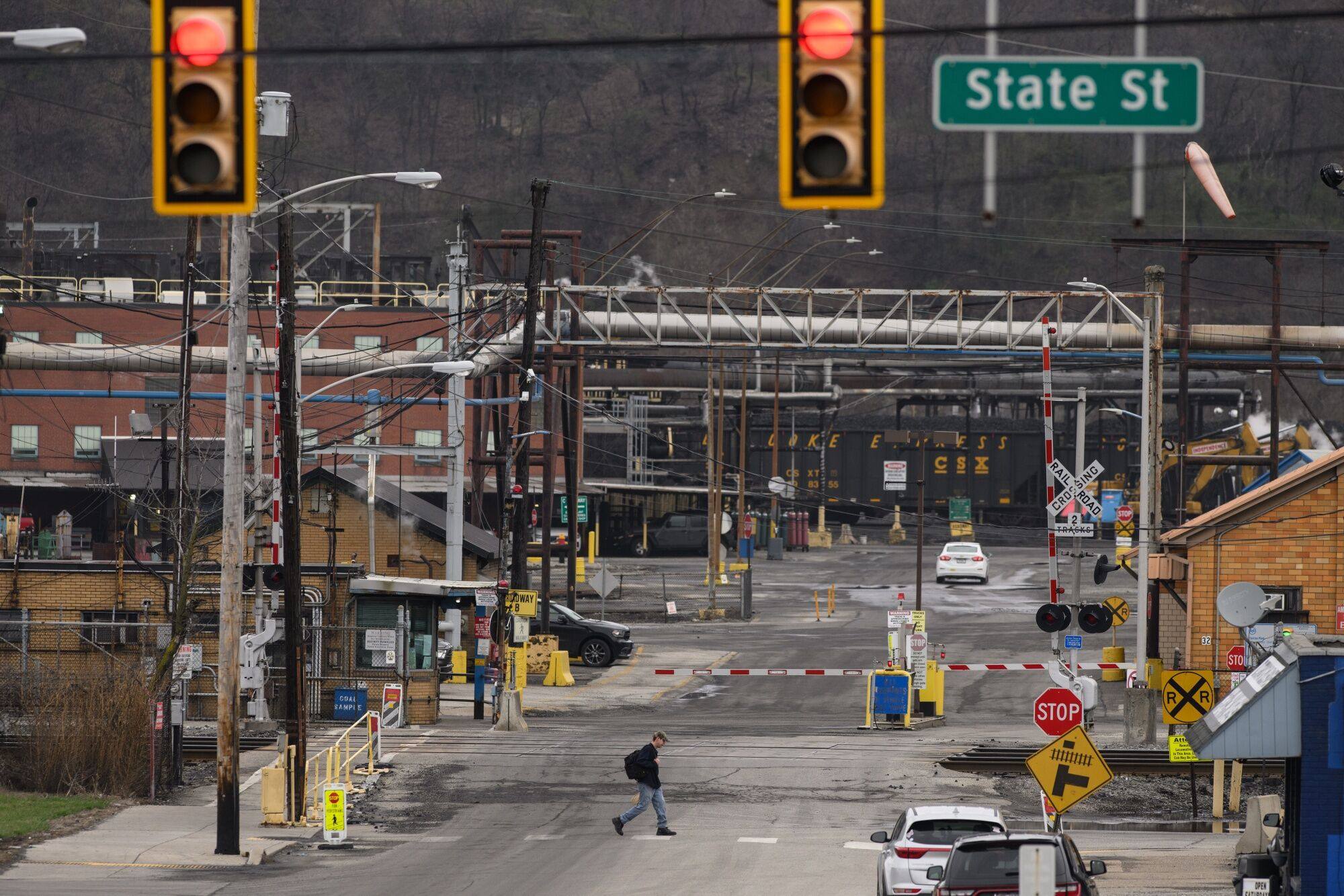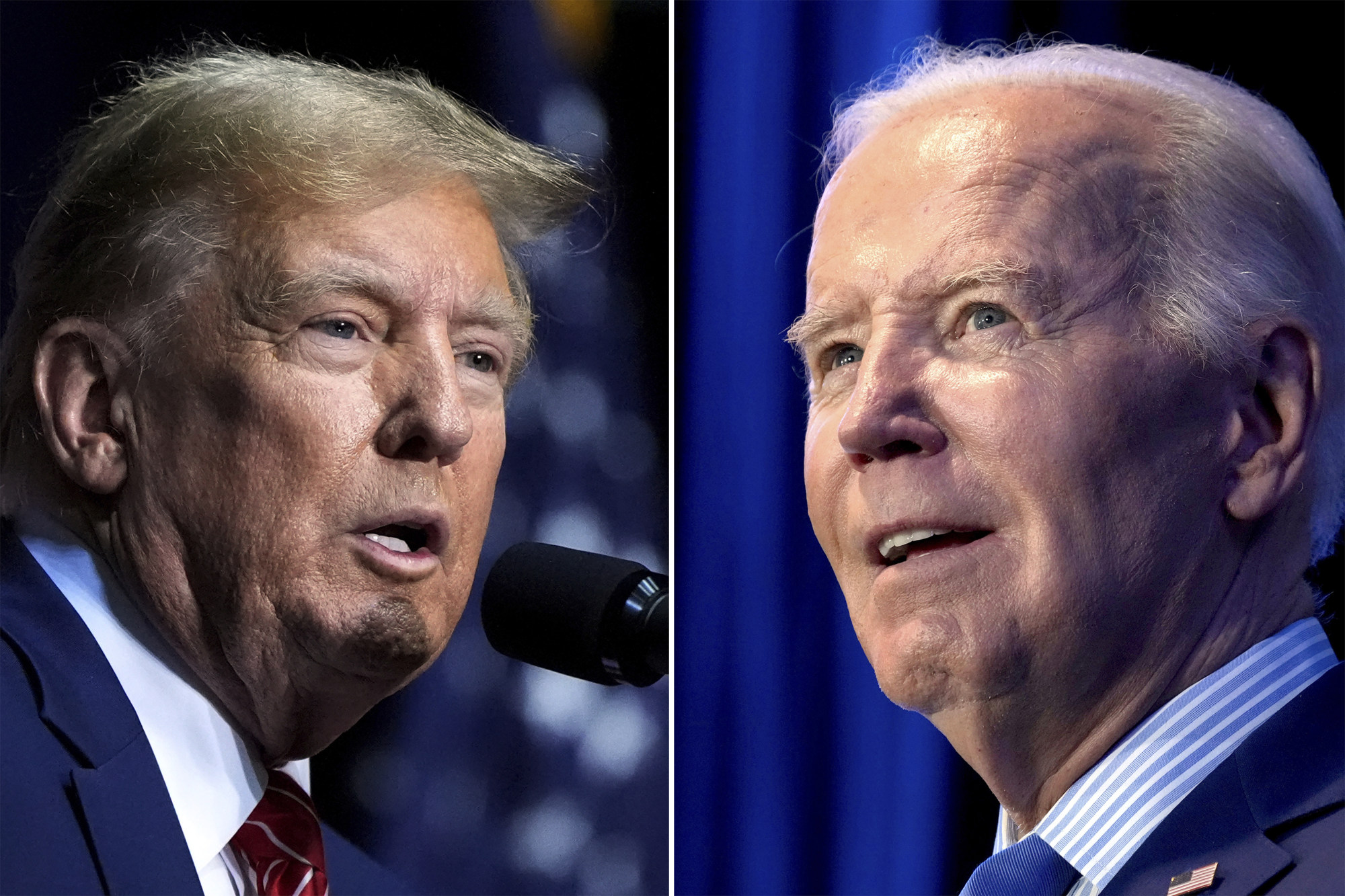Japanese lawmaker says US Steel deal would help counter China dominance
Nippon Steel has vowed to press ahead with plans for the acquisition, even as it gets caught in the political crossfire of the US presidential election.

The problem complicates the run-up to a planned April 10 summit between Biden and Prime Minister Fumio Kishida in Washington meant to demonstrate the strength of the alliance.
The influential United Steelworkers union, members of Congress from both parties as well as former president Donald Trump have all spoken against the merger.
Emissions reduction of 10% in reach for China steel sector next year
Nippon Steel would provide technology, investment and job security to the beleaguered US company, Amari said.
That should enable it to expand market share in high-end products like advanced steel sheets for automobiles and press ahead with lower carbon technology like electric furnaces.
Without the merger, the US and Japan could lose out to China, which tries to dominate the global market by dumping, driving out competitors with excessive volume and low prices, Amari added.
Biden said in March the iconic US company should stay under American ownership, in an apparent bid to woo voters in the swing state of Pennsylvania. Trump has rejected the deal outright.
“It’s important to look calmly at what’s beneficial for the two companies, the US, its economy and its national security,” Amari said, blaming the rhetoric from the US on the election.
Amari said Nippon Steel hadn’t contacted him on the matter and he emphasised his stance isn’t that of the Kishida administration, which has avoided substantive comment on the deal.

“Japan won’t make this a political issue and the Japanese government won’t comment on it,” Amari said. “Japan has no intention of interfering with the US presidential election, even indirectly.”
In March, Biden stopped short of explicitly pledging to block the deal, which is under review by the Committee on Foreign Investment in the United States, known as CFIUS.
Amari said the best outcome would be to let Nippon Steel and the union resolve any misunderstandings and allow the two companies to agree on terms themselves.
EU to blunt China’s edge on steel exports with world’s first carbon tax
The deal would fit into wider bilateral efforts to overhaul the supply chain of products key to economic security at a time when nations “weaponise them as tools for economic coercion,” Amari said.
He has spearheaded Japan’s efforts to revitalise semiconductor manufacturing at home, with Tokyo pouring huge subsidies into American chip makers’ facilities in Japan.
Micron Technology Inc’s Hiroshima factory is among the beneficiaries, while Rapidus Corp is trying to mass produce advanced logic chips in Hokkaido with help from IBM Corp.
“As someone in charge of the Liberal Democratic Party’s industrial policy and economic security policy I feel chips and steel form the templates of how we want to team up with the US,” Amari said.